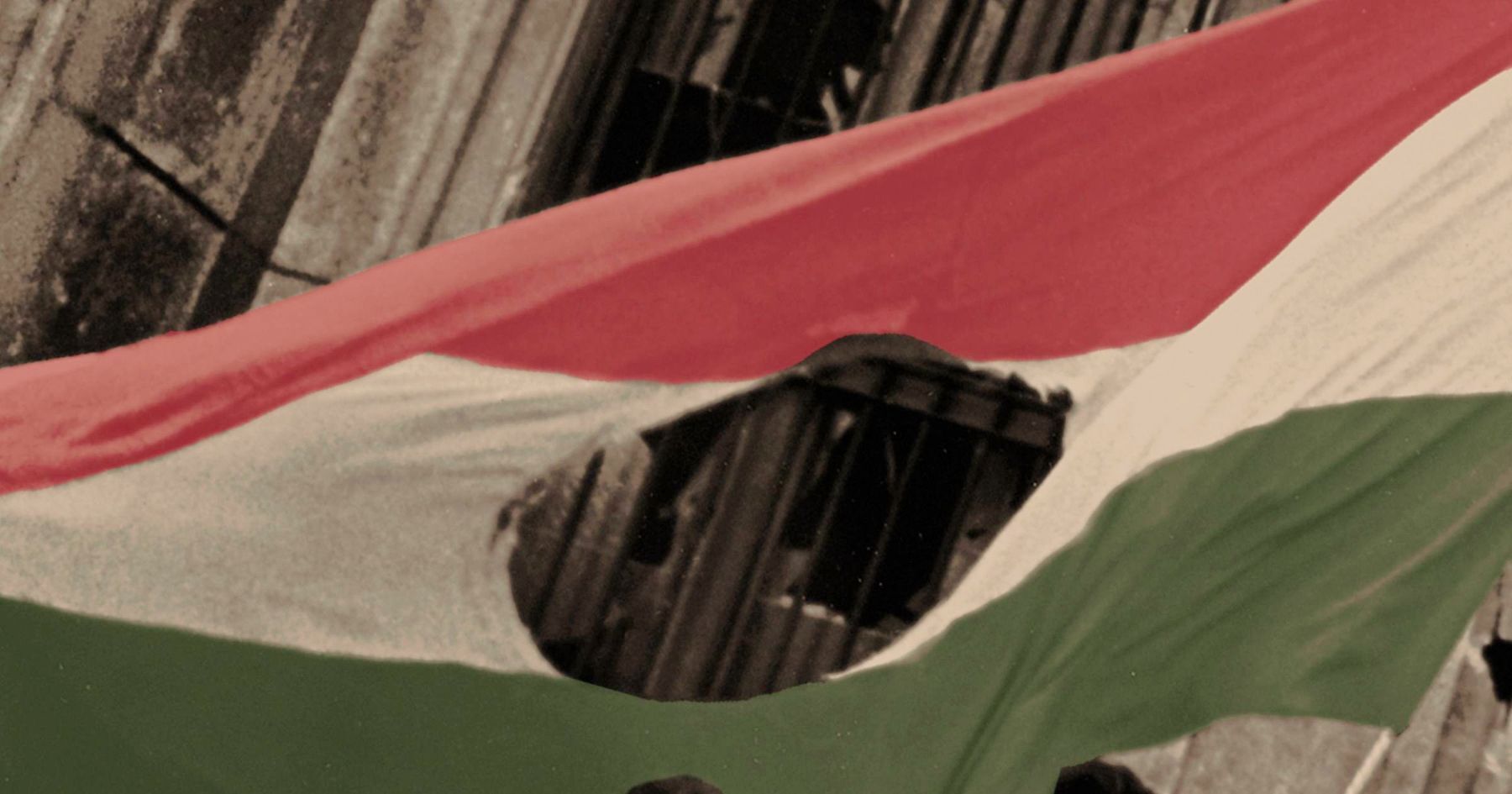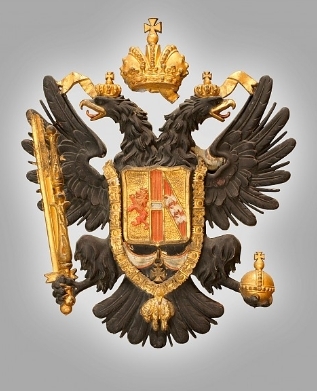
2026 is an important year for Hungary, with elections where Viktor Orban finally might lose power of his illiberal democracy. And this year marks the 70th anniversary of the attempted revolution of 1956, where courageous, idealistic students stood up against Soviet control. Many of them ended up in exile here in Vienna, and so we will start our exploration of Hungarian dialogue with Vienna in their landing place here in our city. The Zinnergasse refugee camp, better known as Macondo, is a beautiful former monarchy barracks which those young people turned into a garden camp, with mud from the Danube. It is now the oldest continually running refugee space in Europe, and so we also show the value of offering a safe space to those fleeing danger in their homelands.
Later, we will enjoy Hungarian lunch (and big red wine) together, hear the language (only related to Estonian and Finnish), look at culture from our Eastern neighbour (Rubik's Cube to Budapest Bagels), show how the Austro-Hungarian Empire shaped their identity, why they are so proud, and where they live in Austria (there are more than 115,000 living here now, a number which has increased sharply since Orban tightened control over free media, politics and education). Burgenland is an area which is partly Hungarian, historically and now, with language rights. What is the difference between Gulasch from the two countries? Who are the most famous Austrians with Hungarian blood? And how is Hungary still a member of NATO and EU, despite being a clear ally of Russia? There is an irony in this pragmatic connection, since Russia destroyed the 1848 revolution in Budapest, and the Uprising of 1956!

The Collegium Hungaricum arts centre - which is home to many diplomats and their families - features on our tour of Vienna's most questionable architecture, but they also inhabit many beautiful buildings, including the elegant embassy right next door to the BMEIA. And our favourite hotel in Vienna, Magdas, is on Ungargasse. How did it get its name? We will look at football, folk music and parties. Wizz Air recently cut some of its flights into Schwechat, because of higher fees for airlines. Will we miss them? When Orban banned the Pride demonstration in June 2025, he increased its popularity tenfold, and attracted many LGBTQIA+ supporters from Vienna to show their solidarity, including politicians. The Green mayor of Budapest is a regular guest in Vienna, and very welcome here.
How did Paul Lendval influence journalism and academia here? With the rise of Jobbik party, many Jews have moved across the frontier, to escape antisemitism (and economic recession). We now have two universities in Vienna with Hungarian influence, MODUL - owned by an Orban-allied group (it was the only higher education institution not to fly the Pride flag in June 2025), and Central European University, from the family of Georgy Soros and his Open Foundation. Many words of east Austrian dialect have their roots in Hungarian. This is not a nationalist tour, but instead an opportunity to understand the value of migration and open borders, to diversify Viennese cultural and intellectual life. We want to hear what makes Hungary special, and how they find life here in the old imperial capital.